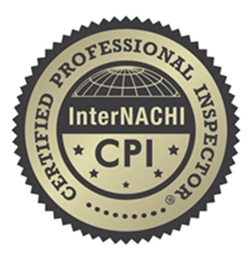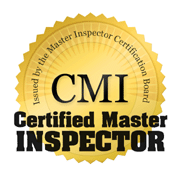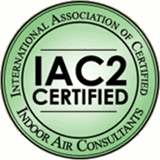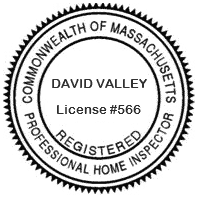Massachusetts Home Inspections YOUR INVESTMENT IS MY CONCERN

Sink Cabinets and Chemical Storage
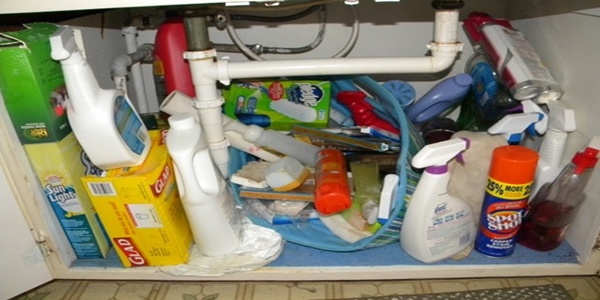
Think about what’s usually found inside your sink cabinets: the underside of a stainless steel sink, the metal casing of a garbage disposal, copper or CPVC water supply lines, and plastic, PVC, or metal drain pipes. All of these materials can be damaged by corrosive chemicals. Over time, repeated exposure can lead to rust, corrosion, and eventually leaks. Yet, many people still store everyday household chemicals—like cleaners and solvents—right in that same space.
Storing these items under the sink is not ideal, as many cleaning products are inherently corrosive. Over time, they can damage plumbing components and increase the risk of leaks. I strongly recommend keeping chemicals out of sink cabinets altogether. As an added benefit, this also reduces the chance of children accessing potentially harmful substances.
Most people rarely take the time to clear out the chemicals under their sink to inspect the cabinet floor or check the water and drainage pipes—unless they’re moving, discover a major leak, or a child is harmed after accessing the stored chemicals.
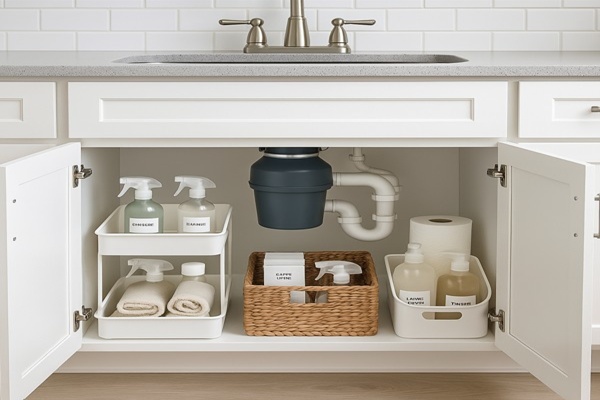
Water supply and drainage pipes should be monitored regularly, and there’s an effortless way to do this as part of your daily routine: store only dry materials—like towels, toilet paper, or tissue boxes—inside your sink cabinets. This makes it easy to notice leaks, as you’ll quickly spot any moisture when removing these items. If you find damp or wet materials, inspect for possible leaks or deterioration in the caulking around the sink edges and countertop backsplash. Always contact a licensed plumber to repair or replace faulty plumbing components, and be sure to address any damaged caulking or grout promptly.
So, where should you store hazardous chemicals? A high cabinet in the garage or another exterior location is ideal. However, if you need to keep them indoors, consider placing them in less accessible spots like an upper hallway closet, the cabinet above the microwave, or the cabinet above the refrigerator—safe, out-of-reach locations that help minimize risk.
Here is what my clients have to say about my home inspection services:
Press F5 (on your keyboard) for additional testimonials
Buying a home is arguably the most important, exciting and nerve-wracking purchase a person will ever make. This is the reason you need a great home inspector, and Dave Valley is just that. He is empathetic – he understands and appreciates the various emotions a potential home-buyer goes through. Most importantly, Dave provides you with objective information so you can make the most informed decision possible.
It was a pleasure working with Dave – he contains all the qualities that make a great home inspector – he is the consummate professional, prompt, courteous, meticulous in his detail and honest. Dave was reasonably priced – in fact Dave charged me the same amount I spent 10 years earlier on a smaller house and provided a far better work product.
Prompt
I arrived at the house at the agreed upon time on a cold and nasty day, and found Dave outside inspecting the exterior of the home. He was already a half hour into his inspection – I think this exemplifies and is symbolic of the fact that Dave is respectful of his client’s time.
Courteous
Dave was pleasant to deal with, personable and thoughtful not only to his client but also to the buyer’s real estate agent.
Detail-oriented
Dave spent almost four hours in his investigation of a 2,000 square foot house. He answered all my questions and reviewed every observation he had with me. David provided a detailed report, and encouraged me to call and email him to discuss the report and to ask questions.
Conclusion
The highest compliment I can give Dave is to say that I would use him again and will encourage and recommend him to others.
Michael S. Giaimo


